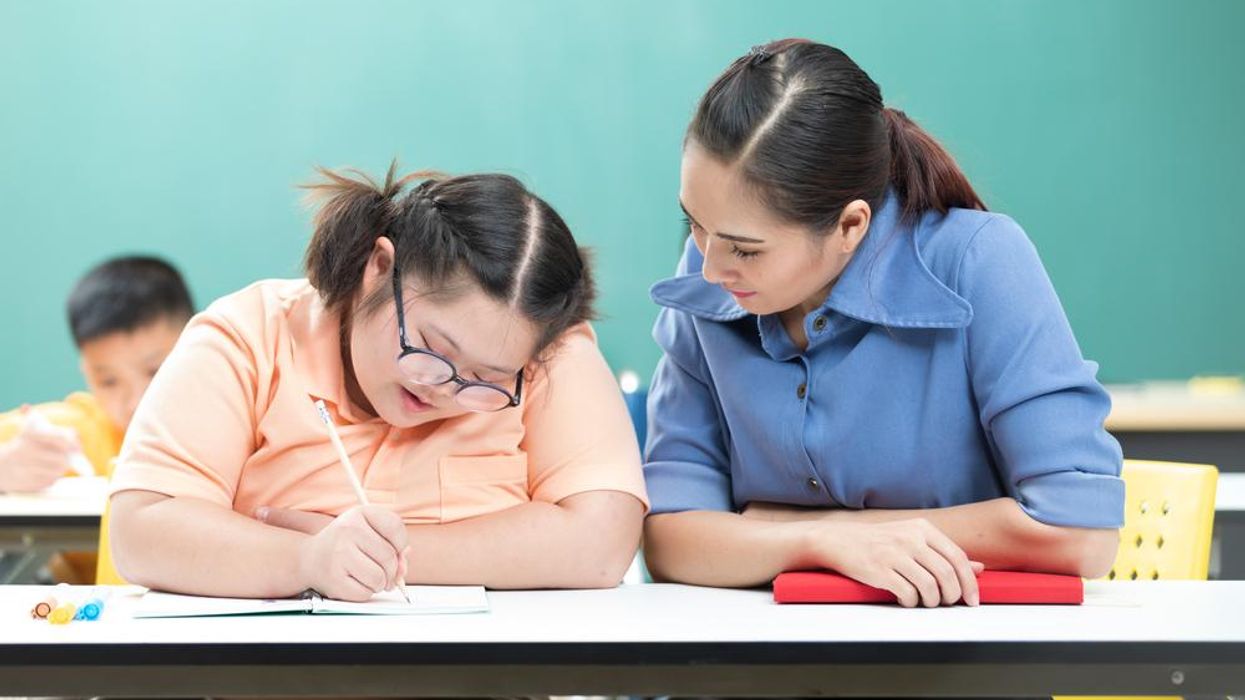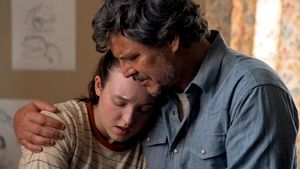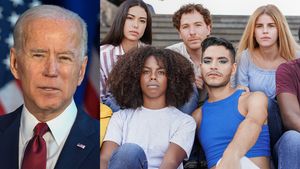New research has revealed that hundreds of elementary students are arrested in schools every year, the majority being disabled people of color.
Past studies already reveal that disabled students are disciplined more severely than their peers. Now, according to data gathered by CBS News, over 700 children were arrested in U.S. elementary schools in the 2017-2018 school year alone. Children with documented disabilities were four times more likely to be arrested than their peers.
Black students are also disproportionately affected by this treatment, as they account for over half of arrests in elementary schools, despite being only 15 percent of student bodies.
In just one example of this trend, an incident occurred in North Carolina where a 7-year-old with autism was handcuffed and pinned to the ground for 38 minutes. Mother of the student, Alacia Gerardi, has since filed a lawsuit on behalf of her son over his mistreatment.
"I couldn't fathom in my mind what could possibly have occurred to make handcuffing a 7-year-old face down on the floor necessary,” she told CBS. "I have a real hard time understanding that these adults don't have a better solution than to do this. The long-term effects, the trauma of putting a child in a completely powerless situation, even physically over their body and causing them harm based on a behavior is ludicrous to me."
The incident became a “rude awakening”, Gerardi said, especially after she saw the harm done to her son by an adult who did not know of his needs or how to meet them.
"When I arrived there and I picked my son up off the floor, he was limp, completely limp," she said. "He was just exhausted. I didn't know what had happened, but after I saw the [body camera footage], it was very apparent that his little body just couldn't take being put in that position for that length of time. He had his chest against the floor, his hands behind his back. This man's applying pressure against his back."
Experts say that the problem stems from student resource officers (SROs) handling discipline, as opposed to teachers who have the proper training to constructively engage with disabled students. According to sociology professor Aaron Kupchik at the University of Delaware, the mentalities of SROs often define interactions with students.
In 2020, Kupchik analyzed interviews with 73 SROs, finding that all wished to protect their schools, but what they were protecting schools from varied. Kupchik shared that many SROs in “wealthier, whiter” schools see threats as external, where those who work with students of color and low-income students see students as threats.
"It's an external threat for the more privileged kids," Kupchik said. "As opposed to students in the schools with more students of color, low-income students, where they're seen as the threats themselves."
While the efficacy of SROs is still widely debated among experts, Kupchik believes his research could prove the harm they cause.
"There have been some studies showing that police officers in schools can prevent some crime and misbehavior, but there are far greater numbers of studies finding the opposite, that they either have no impact or in some cases can increase crime,” he explained. “What they do all show consistently is that while we're not sure about any benefits, there are clear and consistent problems with putting police in schools."
Gerardi shared that her son has since developed symptoms akin to PTSD since the incident, which she believes could have been avoided. Assistant secretary for the Department of Education Office of Civil Rights, Catherine Lhamon, also agreed that more needs to be done at a local and federal level to prevent these arrests.
"There's very little that I saw in that video that is acceptable,” she said. “And there's very little on that video that is consistent with federal civil rights obligations.”
Lhamon added: "You're never doing enough if a child is harmed."



















































